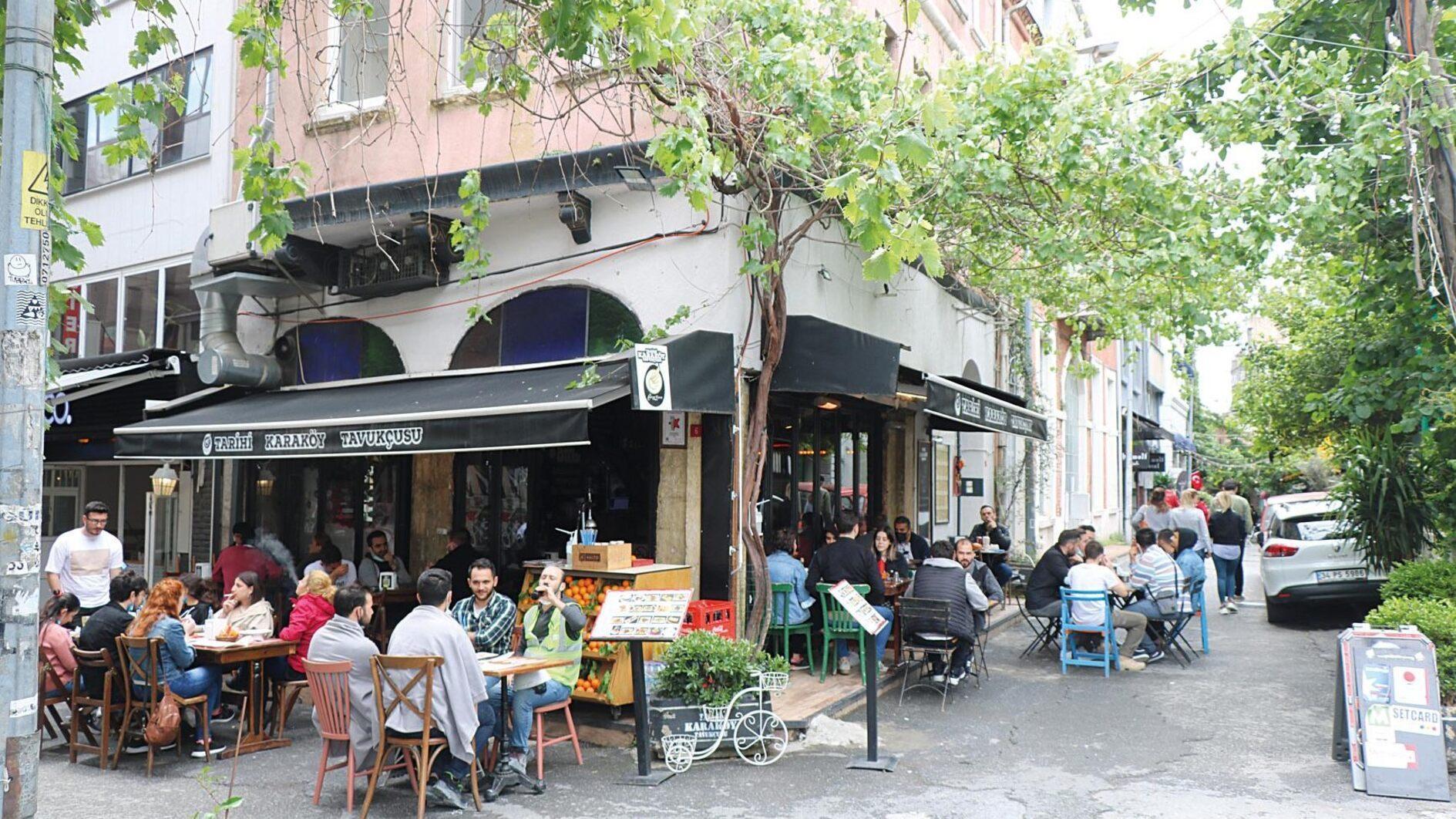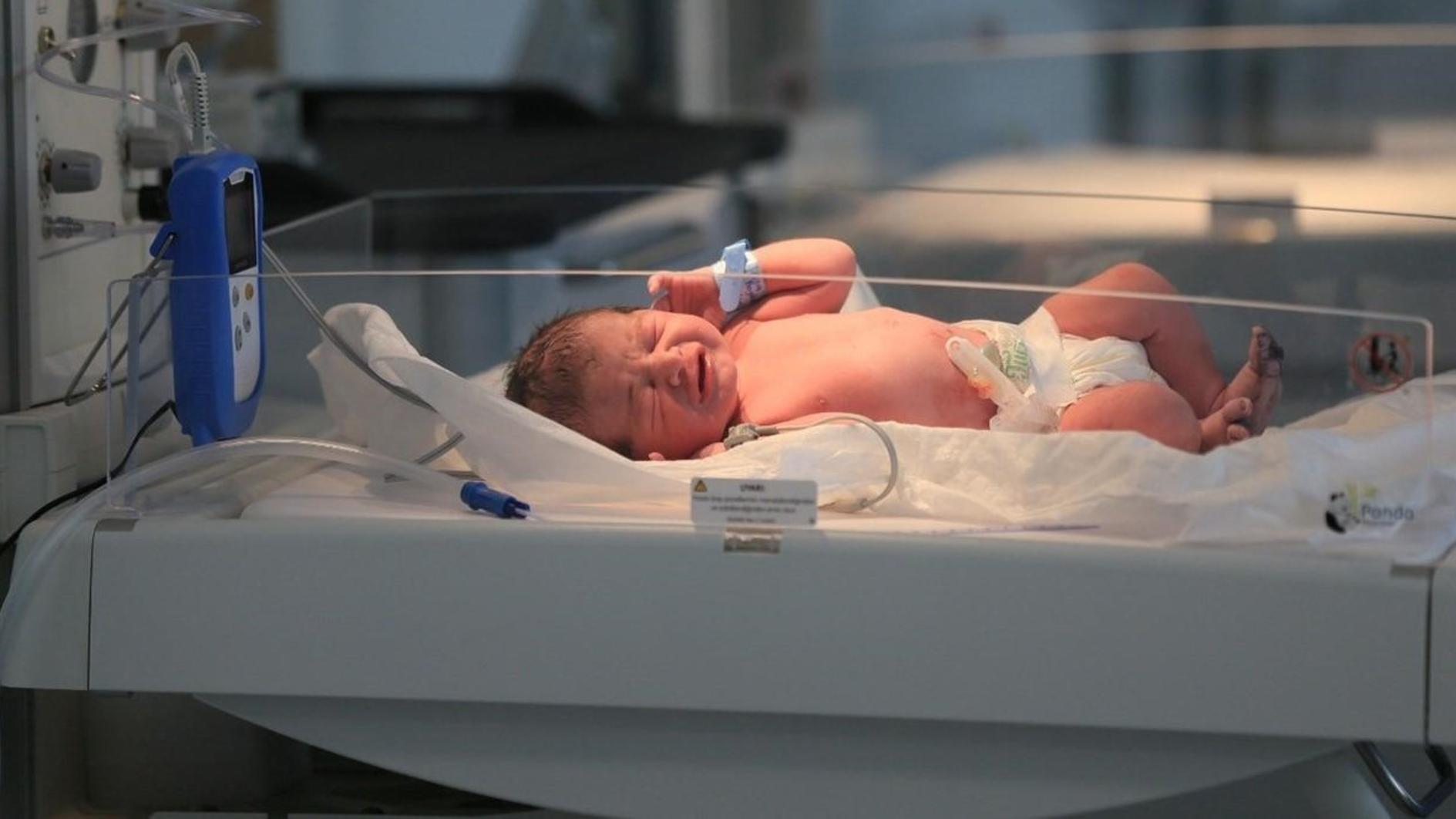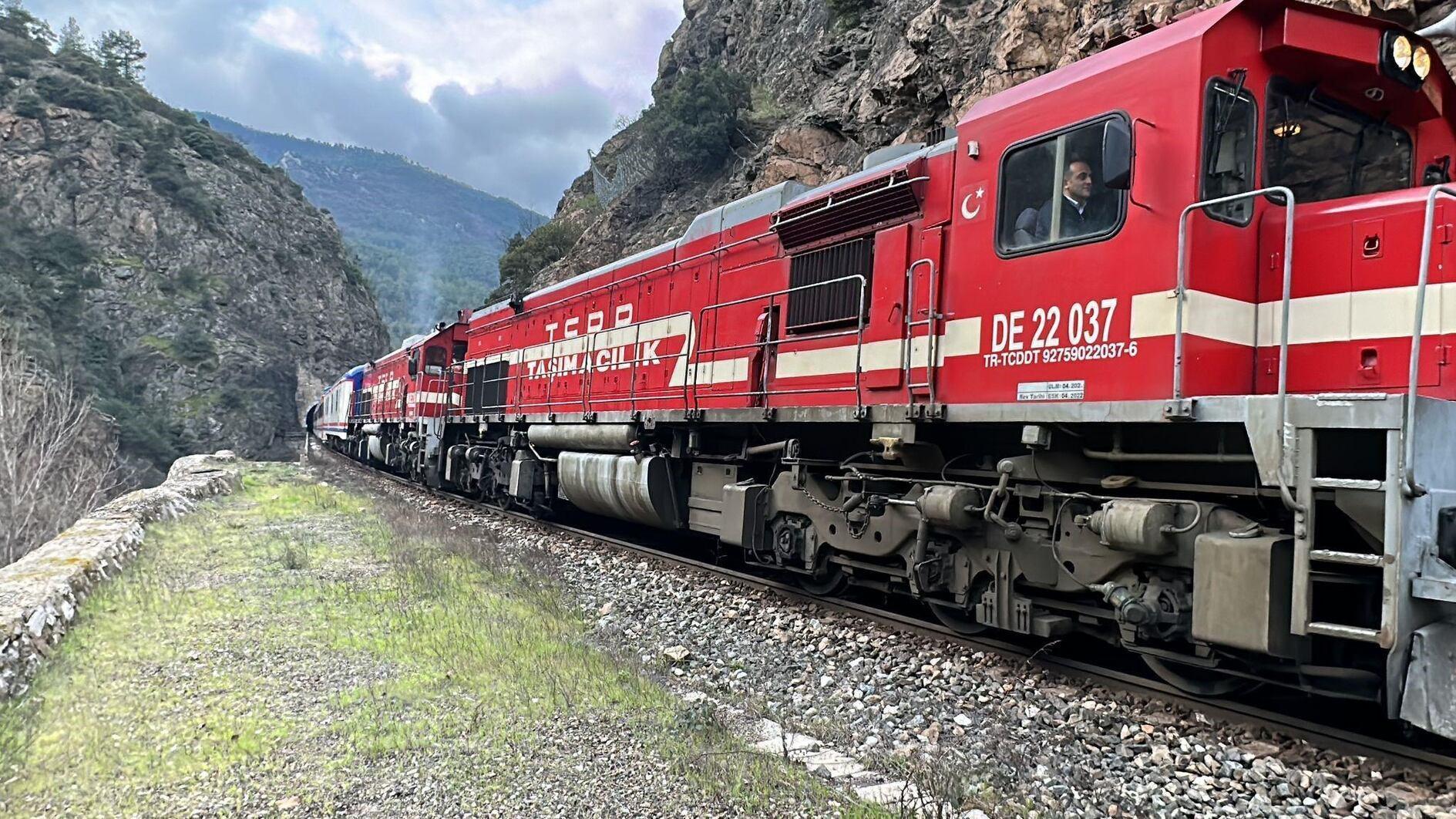Turkish foreign policy in the Middle East
MURAT ÖZÇELİK
When we look at Turkey’s neighborhood, the Justice and Development Party (AKP) started with the motto of “zero problems with neighbors” and ended up with “intractable problems with all neighbors.”Not long ago, Turkey was hailed as an example of “moderate Islam,” spreading its positive influence throughout the region. Western countries appreciated the fact that Turkey was using its strategic depth in the East, whereas Arab countries appreciated Turkey’s strategic depth in the West. Turkey’s bid for EU membership was very closely followed by the freedom and democracy-seeking masses of the Arab countries. Thus, the AKP built upon the legacy of the republic, taking steps to improve the political as well as economic climate – only to reverse these steps after 2011.
The so-called neo-Ottomanism of the AKP government raised eyebrows both in the East and the West. One could see that Arabs detested the idea. Turkey’s increasing involvement in Syria together, with the U.S. and some Western partners, helped form a counter-bloc comprised of Iran, Russia and China. When considered with their supporters in Iraq and Syria, this is indeed a strong bloc.
It is a common perception in the international community that the AKP government assisted al-Nusra and the Islamic State of Iraq and the Levant (ISIL) and that Gulf funding was used in this process. This has caused considerable consternation, not only in Syria, but also in Iraq, and certainly in Iran and Russia. Another blunder was the strong support accorded to the Muslim Brotherhood in Egypt. The Turkish government identified itself with the Muslim Brotherhood, which has caused it to damage its ties with Saudi Arabia and some Gulf countries.
Turkey’s relations with the Kurdistan Regional Government (KRG) were the only relationship that Turkey could maintain at a very good level, even after the adverse effects of its policies in Syria. However, this relationship also took a downward turn following the attacks of ISIL on the KRG. The attacks on Kobani by ISIL and the AKP government’s position on Kobani were a major turning point in the course of events in the region. The Kurdish citizens of Turkey were extremely upset by the hands-off policy of their government. The protests that ensued in Turkey not only reflected that anger against the government, but also displayed the relationship between the so-called peace process in Turkey and the plight of Kurds in Kobani.
Turkey has to find a way out, not only to thwart the threats directed at its peace and order, but also to lay the groundwork for peace and tranquility in the region. International efforts are underway to stop the carnage of ISIL. Turkey should give every support to this coalition, short of sending ground troops into Syria or Iraq. Turkish soldiers, especially after AKP’s attempts to implement a neo-Ottomanist policy, would not be welcome in the region.
The AKP government should stop its rhetoric on the necessity to topple Syrian President Bashar al-Assad. The support given to foreign fighters resulted in more fighting, more suffering and the displacement of millions of people from their homes in Syria and Iraq.
Turkey should also synchronize its policy vis-à-vis the Kurds in Iraq and Syria. One cannot support relations with Kurds in Iraq and leave the Kurds in Syria at the hands of ISIL. This is not an integrated policy. Regional powers, such as Iran and Saudi Arabia, as well as Turkey, should limit their interventions in Iraq and Syria to only positive contributions to the peoples at large, rather than support their affiliated groups. Turkey can positively contribute to efforts in the region only if a new foreign policy is implemented under secular principles.
The policy of “moderate Islam” has failed completely. The success of the Nida Tunis party in Tunisia has set an example of utmost importance regarding the choice of the Arab people for freedoms and democracy under a secular system. Turkey should genuinely return to its policy of giving priority to its EU membership. The justice system and freedoms should be aligned with that of the EU if Turkey is ever to become a beacon for democracy and contribute to peace and stability in the region.
*Ambassador Murat Özçelik is the vice chairman in charge of foreign relations of the Republican People’s Party (CHP). Previously, he served as the Undersecretary for Public Order and Security and as Turkey’s Ambassador to Iraq. This is an abridged version of the original article in Turkish Policy Quarterly’s (TPQ) Fall 2014 issue. www.turkishpolicy.com











